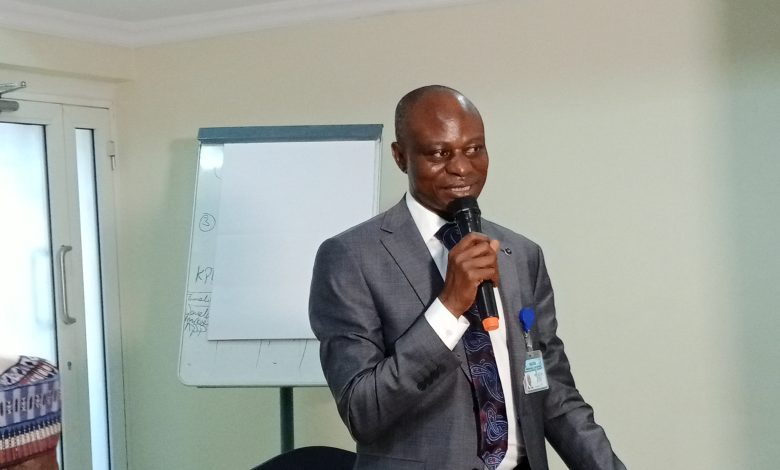The Nigerian Airspace Management Agency has denied claims made by aviation enthusiasts that some aircraft passed over the Presidential Villa in Abuja without the nation’s radar surveillance systems picking them up.
NAMA’s Managing Director, Ahmed Farouk, released a press release on Saturday outlining the agency’s stance.
He stated, “The claim that the Nigerian airspace is not covered by Radar is false and misleading.
“The radar stations in Nigeria (Kano, Lagos, Abuja, and Port-Harcourt) are serviceable. Radar services for terminal and en route flights are positively identified and provide air navigation services to airspace users.”
Regarding recent concerns about the efficacy of the Total Radar Coverage of Nigeria system, Farouk clarified that upgrades to software and modernisation efforts are underway to meet increasing demands for efficiency in air traffic management.
“Yes, it is true that the TRACON system, like any other electronics system, is undergoing an upgrade of software and modernisation to meet the ever-growing demand for efficient, effective, and seamless air traffic management services,” he said.
Addressing another point of contention, Farouk refuted claims about inadequate welfare for Nigerian Air Traffic Controllers, asserting that NAMA prioritises competitive and sustainable welfare packages for its staff.
“The welfare of Nigerian Air Traffic Controllers in terms of salaries and allowances is not in contention, as to suggest that it is the lowest in the world. NAMA, as a reputable agency, prides itself on ensuring sustainable welfare packages for its staff, especially the Air Traffic Controllers.,” he said.
Over the weekend, a blogger made television appearances alleging that an unidentified aircraft was observed flying near the Presidential Villa in Abuja without detection.
Refuting these claims, NAMA explained the recent incident involving an “unidentified” aircraft, clarifying that such terminologies are standard in air traffic control operations and do not imply actual unknown aircraft.
The agency stressed that safety protocols, including those related to adverse weather conditions, were strictly adhered to during the incident in question.
According to him, the term “unidentified” aircraft used in reports is a security measure. In real terms, the aircraft in question is known, but only to the ATC. The infraction was committed for the sake of safety because of unfavorable weather—a strong thunderstorm—that occurred on the specified date.
The blogger’s misinterpreted and misinformed information about primary and secondary radar is indicative of his apparent lack of understanding of how surveillance systems operate. The agency shall willfully volunteer information on her services to anyone who requires them at any time.”
He added that NAMA remains committed to its responsibility to provide safe, effective, economic, and efficient air navigation services in Nigeria. The existence of robust, effective civil/military coordination and collaboration guarantees secured airspace and air navigation.

